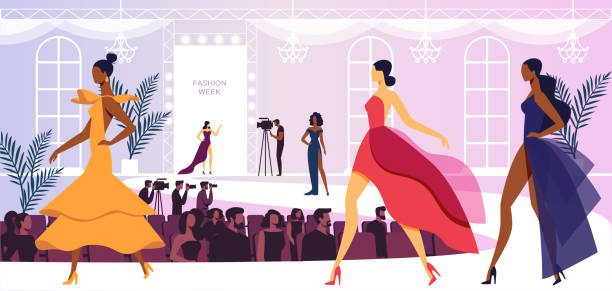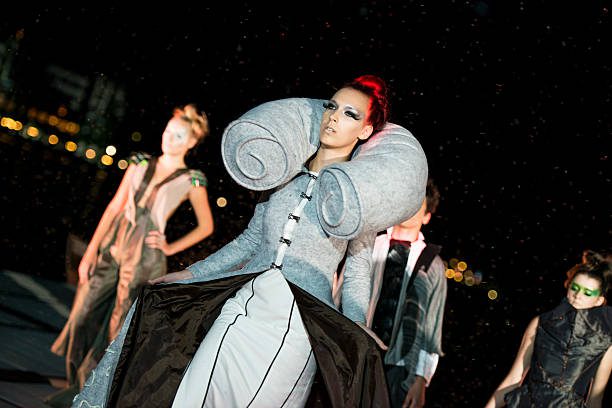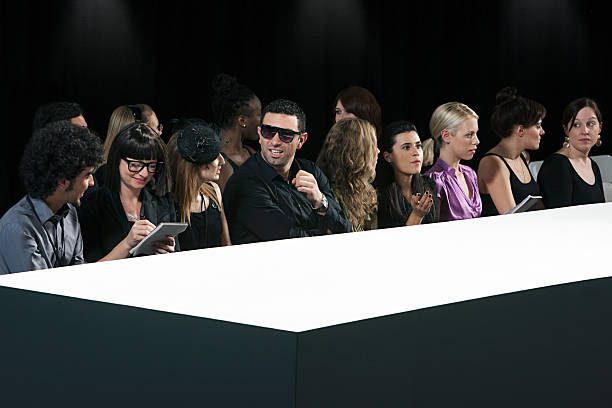
The Exclusivity Of Haute Couture Fashion Week
The past few fashion seasons have prompted intense discourse in the industry surrounding the way in which fashion week has changed over the years. Fashion week, whether it be ready-to-wear or haute couture, has traditionally been held for industry professionals such as buyers and merchandisers to view collections to determine which garments they want in their stores.
But today it seems as though fashion week has turned into a spectacle across the four fashion capitals, as many of the attendees are now influencers and content creators who just want their picture taken. Fashion week has developed beyond simply the displaying of garments, but now includes events such as pop-ups and virtual experiences which seems to be making the industry’s trademark much more insular.
Ready-to-Wear, also known as Prêt-à-Porter, differs greatly from couture week, in the sense that a house showcases collections which are available both online and in brick-and-mortar stores after a show. Whereas Haute Couture is more specialized, involving exquisitely crafted garments tailored to an individual client or buyer, as opposed to the public.
Haute couture is known to be quite exclusive; only a select number of houses produce such collections. The term itself can technically only be used by houses who meet the criteria required by the Chambre Syndicale de la haute couture in France. Haute couture has been known to be the “unattainable” line, which also allows for the couturier to truly put their artistry on display, in ways they wouldn’t typically do for a ready-to-wear collection. Historically, these collections are theatrical and unsuitable for the day-to-day, but require an intensive skillset and goes back to the premise of what fashion is meant to be: art.
Few aspects of fashion are exclusive to the industry today, which is why haute couture will remain most unattainable. Influencers and industry professionals aren’t interchangeable, namely because they don’t carry the same type of impact. An influencer can create content on haute couture and distribute this to their audience, but ultimately a forecaster or editor is who offers the coherent interpretation and comprehension. Depending on the person, an influencer’s perspective and presence can’t replace that of an industry professional and will never render them obsolete.
Gatekeeping haute couture could be viewed as borderline pretentious, but doing so isn’t necessarily a bad thing. Haute couture may not be appreciated the way it should be if it was universal and it must maintain the sense of idiosyncrasy; this upholds the principles set forth in the fashion industry. In a time where fashion isn’t always appreciated the way it should be, we must ensure the people who have the opportunity to attend a haute couture show care and understand its purpose.
Featured Image from Pexels




